What Makes It So Hard to Write a Good Sports Novel?
Looking at some really good sports novels.
I knew that Matthew Salesses had a new novel coming out, but for some reason I didn’t realize that it was inspired by Jeremy Lin, the source of “Linsanity” when he had a relatively brief period as a supernova-level superstar for the New York Knicks. Salesses novel, The Sense of Wonder, has an apparent stand-in for Lin in Won Lee, the first Asian-American NBA player who drives the team to a seven game win streak, launching the phenomenon of “The Wonder.”
I was already planning on reading the book because of the author, but seeing that it’s a sports novel made me even more interested because it seems as though sports novels are pretty rare, and good sports novels are rarer still. This got me thinking about sports novels, so I’ve decided to explore that topic this week.
You’d think that sports would be a natural milieu for a good novel, given the inherent drama in competition and the potential for compelling action, but if you think about it, it’s quite difficult to make the action of an athletic event truly compelling on the page. There’s many more successful nonfiction sports books than novels, books where the outcome of the sporting event is already known, but the author is able to bring additional background and context to the story, and often knowing the outcome is an advantage to the storytelling.
Think of a book like Laura Hillenbrand Seabiscuit, which goes inside “an American legend” relying on that legend to drive interest. With nonfiction, the story of the sporting events has already been written, while in fiction, the author has to generate interest in both the events, and the drama beneath them. Getting readers to feel the stakes of a made-up sporting event is a difficult thing.
Maybe this is why we don’t have great sports novels coming out all the time.. I dunno. I’m thinking out loud here.
That said, there’s lots of great sports novels.
The greatest sports novelist of all time, as far as I’m concerned, is Matt Christopher. Christopher wrote sports novels for children, more than 100 in his lifetime, and it’s quite possible I read all of them published through the mid 1980s. I can’t say that I remember a ton of specifics about the plots of Matt Christopher’s books, but I devoured these things wrapped up in the adventures of, for example, The Kid Who Only Hit Homers.
Don DeLillo has written a number of sports novels, using sports as a stand-in for some aspect of American culture, sports as lens through which we understand our collective character. In End Zone, he juxtaposes the travails of a fullback on a usually so-so, but suddenly successful college football team with the threat of nuclear war. The book is a kind of weird pastiche, and includes a middle section that is a blow-by-blow rendering of Logos College’s big game, and is really the most compelling rendering of a fictional sporting event I’ve ever read. If a writer wants to render action on the field (or ice, or pitch, etc…) they could do worse than study DeLillo’s work in End Zone.
In a way, DeLillo’s use of the game in End Zone is a precursor to the incredible prologue to Underworld, in which recreates the “shot heard round the world” game, in which Bobby Thompson’s three-run homer in the ninth inning carried the New York Giants to the World Series over the Brooklyn Dodgers.
Underworld is considered a great novel, I think significantly because of the prologue, because while the book is pretty great, it’s probably 30% longer than it needs to be.
If you want to just read the prologue, it was published as a stand-alone novella titled, “Pafko at the Wall.”
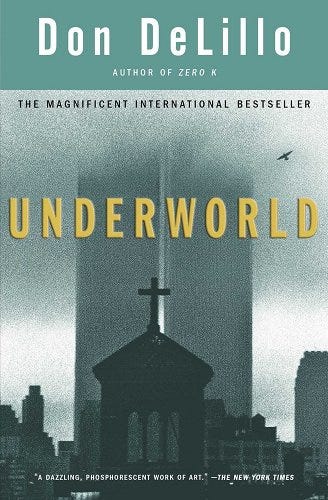
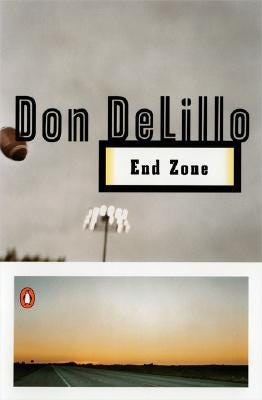
There seems to be more good baseball novels than any other sport.
You’ve got Philip Roth’s Great American Novel about a World War II era baseball team in the Patriot League that leases its stadium to the U.S. government, and must play every game on the road. I always figured that gambit was a Rothian statement on the Jewish diaspora. It’s considered a lesser Roth book, but it’s unabashedly weird and entertaining, and Roth’s love for baseball is apparent.
I’d guess that the single movie that has made the greatest number of grown men cry is Field of Dreams, but the movie has nothing on its source material, W.P. Kinsella' s novel, Shoeless Joe.
If you want another good baseball book that’s also something of a weeper as a movie (starring Robert DeNiro), check out Mark Harris’ Bang the Drum Slowly.
And of course there’s the baseball novel against which other baseball novels are measured, at least in my opinion, Bernard Malmud’s The Natural.
In terms of literary quality, I don’t think there’s nearly the volume of football books as there are for baseball. In fact, my favorite football novel, Semi-Tough by Dan Jenkins (a legendary sportswriter), is a borderline farce, a largely comic look at life inside of a professional football team.
That book cover gives you an idea of Jenkins’ approach to the material. I read this when I was too young for it to be age appropriate, but the sex, drugs, and adventure were a pretty fun read for a kid. (Here’s how much I loved Matt Christopher novels: I was likely reading them around the same time I was reading Semi-Tough.)
I cannot vouch for this book holding up to contemporary mores, but it’s likely an interesting artifact of a time when professional sports were not quite as professional, and the first thing you want to do after losing the Super Bowl is smoke a dart, and drink a Fresca, like Len Dawson.
Maybe this is why sports have become a tougher subject to make interesting in fiction. The old days were filled with rough-living characters who happened to be good at sports, while today’s professional athletes spends all of their time dedicated to being an athlete. I mean, I’m having an hard time conceiving of an interesting novel that’s a faithful rendering of the interior life of Tom Brady because it’s not clear that he has an interior life.
There is one football novel that I can recommend for its genuine insights into the challenges of being an elite athlete, Elwood Reid’s If I Don’t Six (which sadly appears to be out of print). Based in Reid’s life as a scholarship football player at the University of Michigan, the novel exposes the essentially exploitive nature of big time college sports.
Reid published a couple other books, but it had been years since I’d seen anything from him, so I went looking to see what he’s been up to, and it turns out he’s had a very productive career writing and producing television. Good for him. Much better choice than continuing to write literary fiction or, I don’t know, a newsletter about books.
Gymnastics is a sport where the drama seems to outstrip the athletics, and as we’ve seen with recent real-world news, an extremely dark underbelly lurks. Megan Abbott’s You Will Know Me is an absolutely riveting page-turner (like all her books, really) set in the milieu of an elite gymnastics academy, where a terrible crime has been committed.
Because this is my newsletter, and something of a safe space, this is where I confess that I wrote a failed baseball novel of my own, which is perhaps one of the reasons why I think it’s hard to write a good sports novel. It was (is?) titled, “They Call Me Kryptonite” and is told from the point of view of Major League pitcher who has a single talent: He has gotten an out against the league’s greatest player, Larry Johns (Barry Bonds, get it?), every single time. This magic dates back to their college days, but as the novel opens, our narrator is about to wash out of the minors until his minor league manager and future agent, Dick Longkiss, tells him that he’s being called up to the Big Leagues for a playoff series against Johns’ team, where he will be used in important situations, only against Johns, striking him out every time. The novel is primarily set years into the future when Larry Johns is on the verge of breaking Hank Aaron’s all-time home run record, and there’s a group of people who want to prevent that and have hit upon the strategy of trading the narrator - the kryptonite to Larry Johns’ Superman - to whatever team Johns is facing in order to have him suppress Johns’ home run total.
A ridiculous, convoluted premise that gets even weirder that seemed clever at the time, and gets even stranger from that opening in ways that are too depressing to describe because, while I’m tempted to say that the book just fell apart while I was working on it, in reality, it never came together.
I hadn’t looked at the manuscript in many years until it came to mind while working on this newsletter, and I have to say, even though the thing is a failure, I have some fond memories of what it was like to work on the book, how fun it is to become absorbed in a project, even one that doesn’t come to fruition. Here’s a screenshot of the first page, the only part anyone other than me is ever going to see again.
What sports novels am I missing? Which ones do you recommend?
Links
In my Chicago Tribune column this week I make my first trip to Barnes & Noble since before the pandemic and find the word that they’re now a bookstore that generally embraces books, pretty true.
At the New Yorker, Dan Kois, explores the classic covers of the Vintage Contemporaries and their designer, Lorraine Louie. Kois’ novel, titled Vintage Contemporaries, was published this week.
In a previous newsletter, I speculated that, even though my interest in reading Prince Harry’s memoir Spare, was near zero, it stood a chance of being interestingly written because of the ghostwriter, J.R. Moehringer. Laura Miller’s review of the book at Slate suggests that my guess might be true.
The New York Times has 10 new books it’s recommending this month.
The hullabaloo around ChatGPT continues. At Inside Higher Ed, I unpack the similarities and the differences between the calculator and math, and ChatGPT and writing.
Recommendations
All links to books from this site go to Bookshop.org, and affiliate income will be donated to Open Books of Chicago, and another book or reading-related charity to be named later. (Make a recommendation in the comments!) I’ll also match the affiliate income with a donation of my own up to 5% of annualized revenue or $500, whichever is larger.
1. Every Bird a Prince by Jenn Reese
2. The Every by Dave Eggers
3. High-Rise by J.G. Ballard
4. The Electric State by Simon Stålenhag
5. The Wandering Earth by Cixin Liu
Jason B.
For Jason, I’m recommending an odd and funny little novel that combines literary publishing and prison rioting, Riots I Have Known by Ryan Chapman.
1. The Prague Cemetery by Umberto Eco
2. 84K by Claire North
3. The Pursuit of William Abbey by Claire North
4. Iron Council by China Mieville
5. Snuff by Terry Pratchett
Matt G. - Crawley, United Kingdom
I guess it’s just a day for short and odd books. For Matt a book by the inimitable Magnus Mills, The Maintenance of Headway.
Here’s some awesome news. After the expected dip in subscriber revenue on the anniversary of starting paid subscriptions, we’ve rallied to a point where current annualized revenue is the highest it’s ever been. Thank you to everyone for the support.
Another installment of “A Book I Wish More Knew About” is coming later this week.
Until then…
JW
The Biblioracle


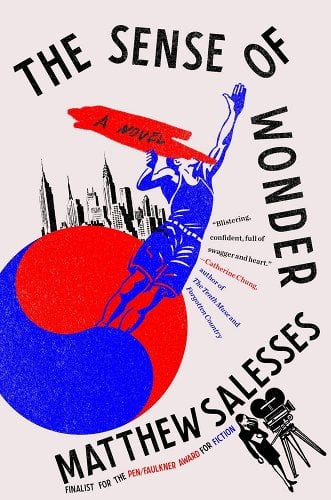
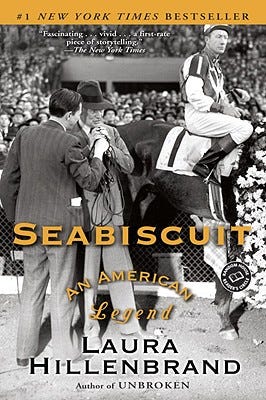
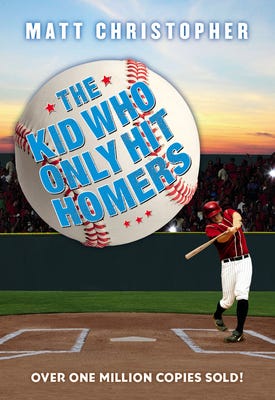
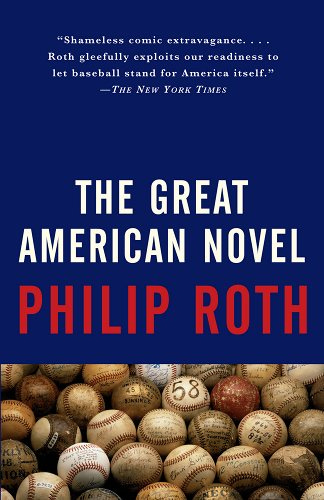
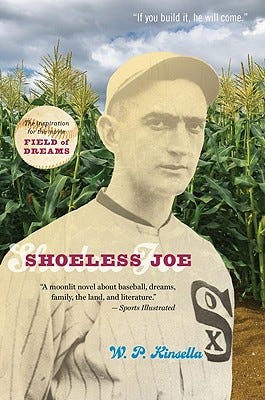
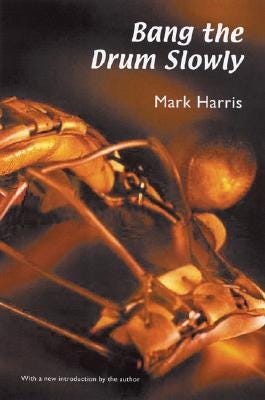
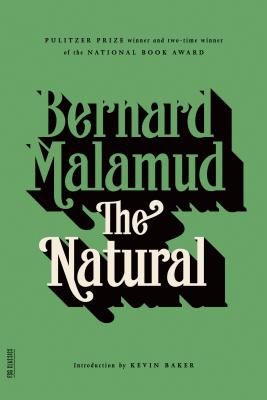
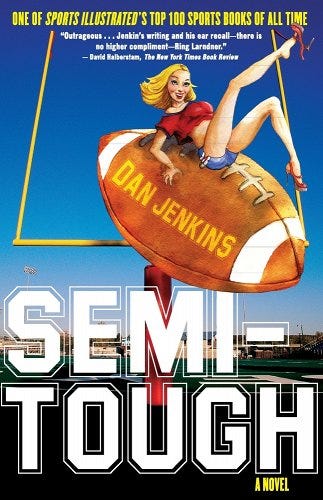
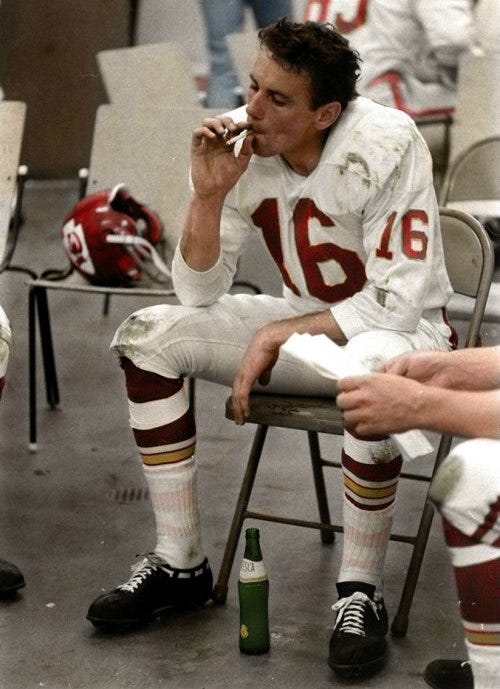
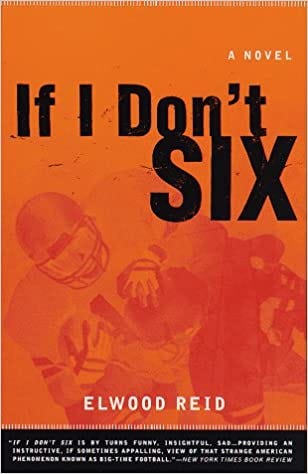
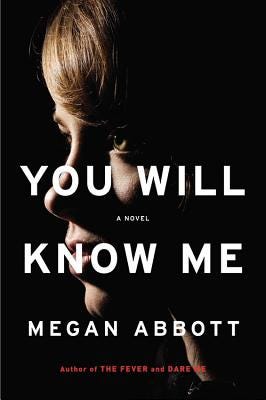
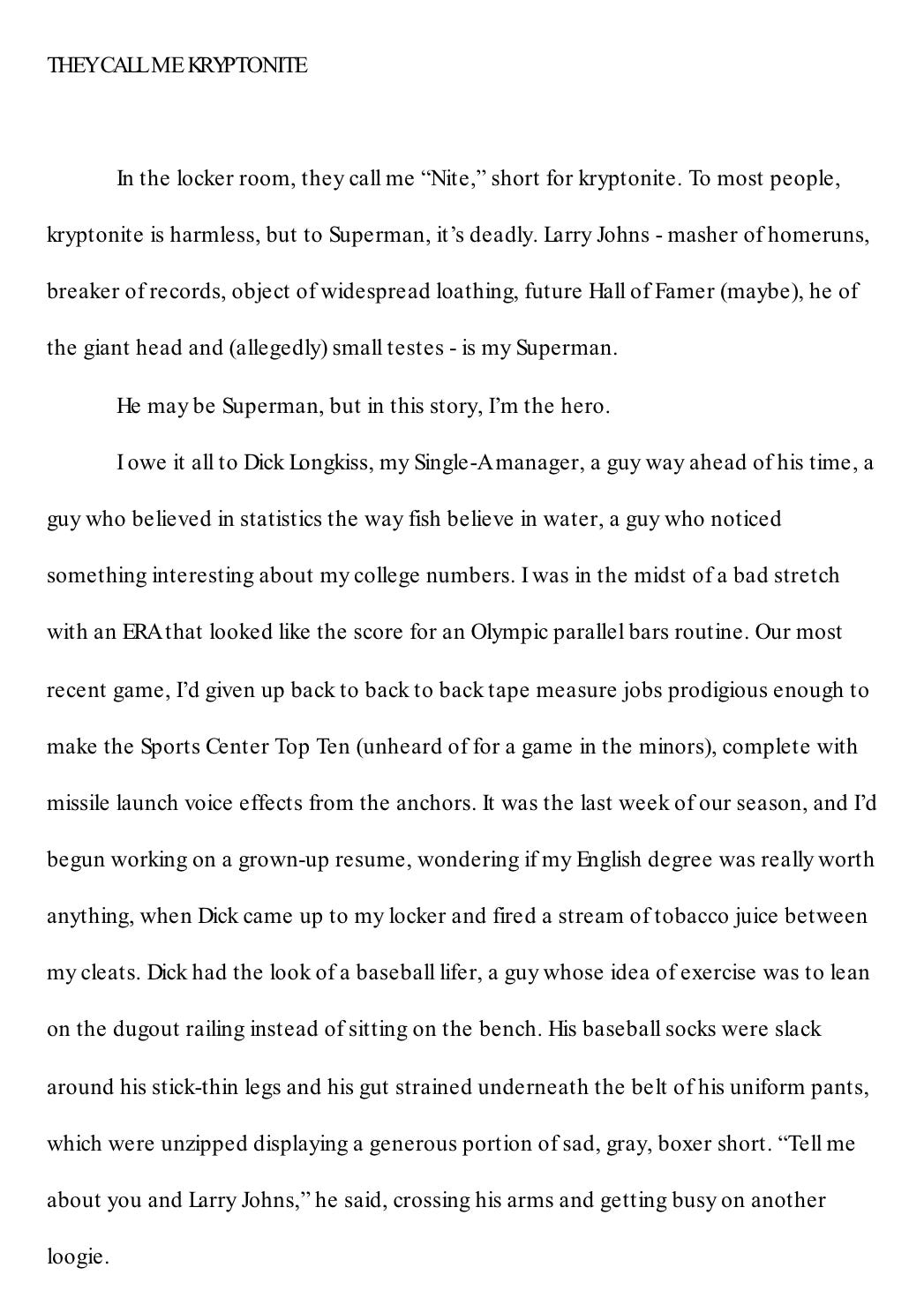
“Carrie Soto Is Back” by Taylor Jenkins-Reid about professional tennis deserves to be on this list.
It is a recent book and it’s super.
I am also surprised you didn't mention The Art of Fielding, which is great. The Resisters by Gish Jen mixes baseball and dystopian fiction in a way that is really interesting and fun. Mostly I'm impressed that you had the restraint to leave out The Sportswriter--which isn't really a sports novel, but includes a lot of reflecting about athletes and sport--and also Infinite Jest, which surely is the only good tennis novel ever written. Oh and Dick Francis! The Dick Francis horse racing mysteries are a definite omission. I too read all the Matt Christopher books as a kid, but my fave back then was The Fifth Base by Joe Archibald, about a pitcher who loses a couple fingers in an accident and perfects a three-fingered pitch that brings him back to the majors and exact revenge. That plot is basically the template for every one of those youth sports books we loved.